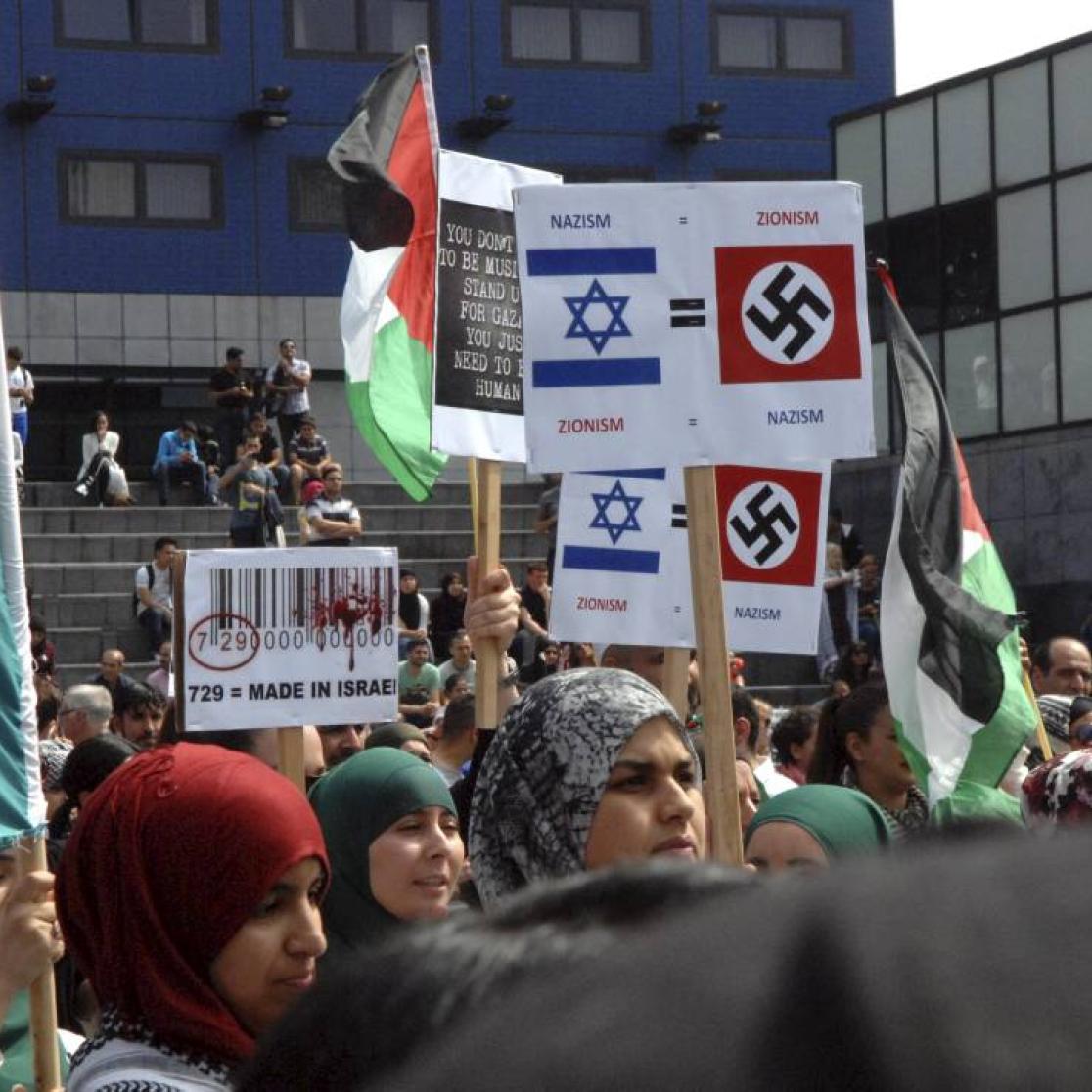Anti-Semitism Today
Lecture by Michel Wieviorka, Professor at the École des Hautes Études en Sciences Sociales (EHESS) and President of the Fondation Maison des sciences de l'homme(FMSH)
Hatred towards Jews is not new, and it is also a changing phenomenon. During centuries, it was mainly religious, the Jews being accused of refusing to become Christians (or Muslims), and social, the Jews being accused of dominating other people and having strong power, including due to money.
Antisemitism, as a variety of racism, developped during the second half of the 19th century, the Jews being then treated as a race, and accused not only of old sins, but also of threatenig the nation and the social order.
After the second world war, when antisemitism appeared to be a crime, and not only an opinion, important changes occur, due to the understanding of the Shoah, and the birth of Israel.
And more recently, antisemitims is not as strong as in the past if one considers nationalism and the "right of the right", or the extreme right. Christianism is not so much developing hatred towads Jews. But in some new or renewed sectors , the phenonemon is developing, For instance among migrants, or in some leftist circles."
After the lecture a debate is organized in cooperation with E.S.A. Concordantia.
Moderator
Teun Dekker, vice Dean of Academic Affairs and Assistant Professor of Political Philosophy at University College Maastricht
Panelists
- Zakaria Bouders, chairman of Noemidia, a foundation of Dutch Moroccans devoted to integration, member of the WMO council in Venlo, an advisory body to the city of Venlo
- Fred Grünfeld, Prof em. International Relations & Law of International Organizations, Faculty of Law, Maastricht University
- Aaron Vinnik, Teacher History Department, Faculty of Arts and Social Sciences, Maastricht University
- Michel Wieviorka, Professor at École des Hautes Études en Sciences Sociales (EHESS) and President of the Fondation Maison des sciences de l'homme(FMSH)
After the debate, around 9.45 hours a so-called stumbling stone will be placed in the wall of Lenculenstraat 9. These stones are placed in remembrance of Jews who lived there and were deported from these houses and died in camps during WWII.
We finish this special evening with a concert in café Tribunal by La Rosa de Maastricht, consisting of Mariette Koolhoven (vocals), Paula Paashuis (violin) and Philip Kees (guitar). This trio plays Jewish folk music: Yiddish songs, klezmer and Sephardic ballads.

Also read
-
AI and Society: Democracy, Health Care, Creativity and Education in the Age of Artificial Intelligence
Studium Generale | Lecture Series8 Jan26 Feb -
Critical Theory and the New Fascism
Studium Generale | Lecture Series13 Jan24 Feb -
Exploring the World of Plants
Studium Generale | Lecture Series14 Jan11 Feb